Acaba association was created to protect Aibnb hosts from the Barcelona City Council. Its members claim they were using the platform to help them pay the rent, not to speculate.
Since 1992, Barcelona has become a center of touristic attraction. It all started with the Olympic Games, which turned Barcelona into a fashionable and modern city. With the Olympic Games, a new neighbourhood was created and the influx of tourists grew.
The consequences of increased popularity are well-known in many cities all over the world: the more popular a city is, the more expenisve it is to live in it.
According to a survey done by the Barcelona city council in 2016, the average monthly rent you have to pay for a flat in Vila Olímpica is higher than 1000 euros a month. But the Olympic neighbourhood is no exception.
The rise of prices forced many people out of their homes, and collective initiaitves such as PAH (Plataforma d'Afectats per la Hipoteca) started fighting for the rights of residents who could no longer afford to live in their flats. In the same time, Airbnb platform landed in Barcelona.
Collaborative economy?
The idea behind Airbnb is simple: share your house with foreigners, make them feel more comfortable than they would in any hotel. Then charge them some 30 euros per night so their hilday stay can help you pay the (higher and higher) rent.
Such platforms don’t help decrease the price of housings at all, but they can help people survive even if it is at the cost of turning them into cleaning and catering freelance workers.
With the time, however, Airbnb became a big business, and some block owners started posting their houses in Airbnbwithout any of them living inside of them.
That is when Airbnb stopped being collaborative to become a platform for owners who want to make big profits with the flats they have.
Instead of renting their appartments to people who live and work in Barcelona, most of them for less than 18.000 euros a year, owners could now post their empty appartments and Airbnb and hire someone to work as a “receptionist” who took care of everything.
Just like a hotel, but without the need to pay any fees nor to hire more than one person. In the meantime, Airbnbplatform widened its horizons more than ever and cash started flowing.
Acaba Association: when neighbours are treated as speculators
In 20016, the Barcelona City Council decided to take action. Major Ada Colau’s intention was to ban such illegal activities, especially because they destroy the neigbourhood network, they affect legal hotels and they contribute to general speculation.
To fight Airbnb’s fraud, the City Council opened up to 6500 files against people who were using the Airbnb platform to offer an empty room in their appartment. Airbnb regular host users in Barcelonaasked Airbnb for help, but the company left them alone and legally unprotected in such tricky situation.
Then they created the Acaba association (plataforma Afectats pel Conflicte entre l’Ajuntament de Barcelona i Airbnb). In English, Acaba acronym stands for “platform for those affected by Airbnb and the Barcelona City Council.
Some particulars Airbnb hosts claim their intention was not lucrative but rather a means of survival: they used the extra income to complement their salaries and pay the high rents. This way, they could face the high housing prices in Barcelona.
Acaba Association spokesperson Neal Shanahan, who would sporadically rent one of the rooms in his residence, complains that the City Council charged neighbours like him and big builiding owners with the same fee: 60.000 euros.
For a person who has his or her whole building dedicated to continual tourist housing, 60.000 euros are almost nothing; but for a neighbour who is trying to make ends meet every month, 60.000 euros and the ban to rent their extra bedroom literally means economic disaster.
In Acaba association they agree with the City Council’s idea that speculation needs punishment, but they claim the need to draw a proper tourist housing regulation.
“Some of our demands have been heard, and members of our associations are happy that the City Council is trying to right its wrongs and give users their money back. The next step will consist in seeing where our association is going”, concludes Neal Shanahan.

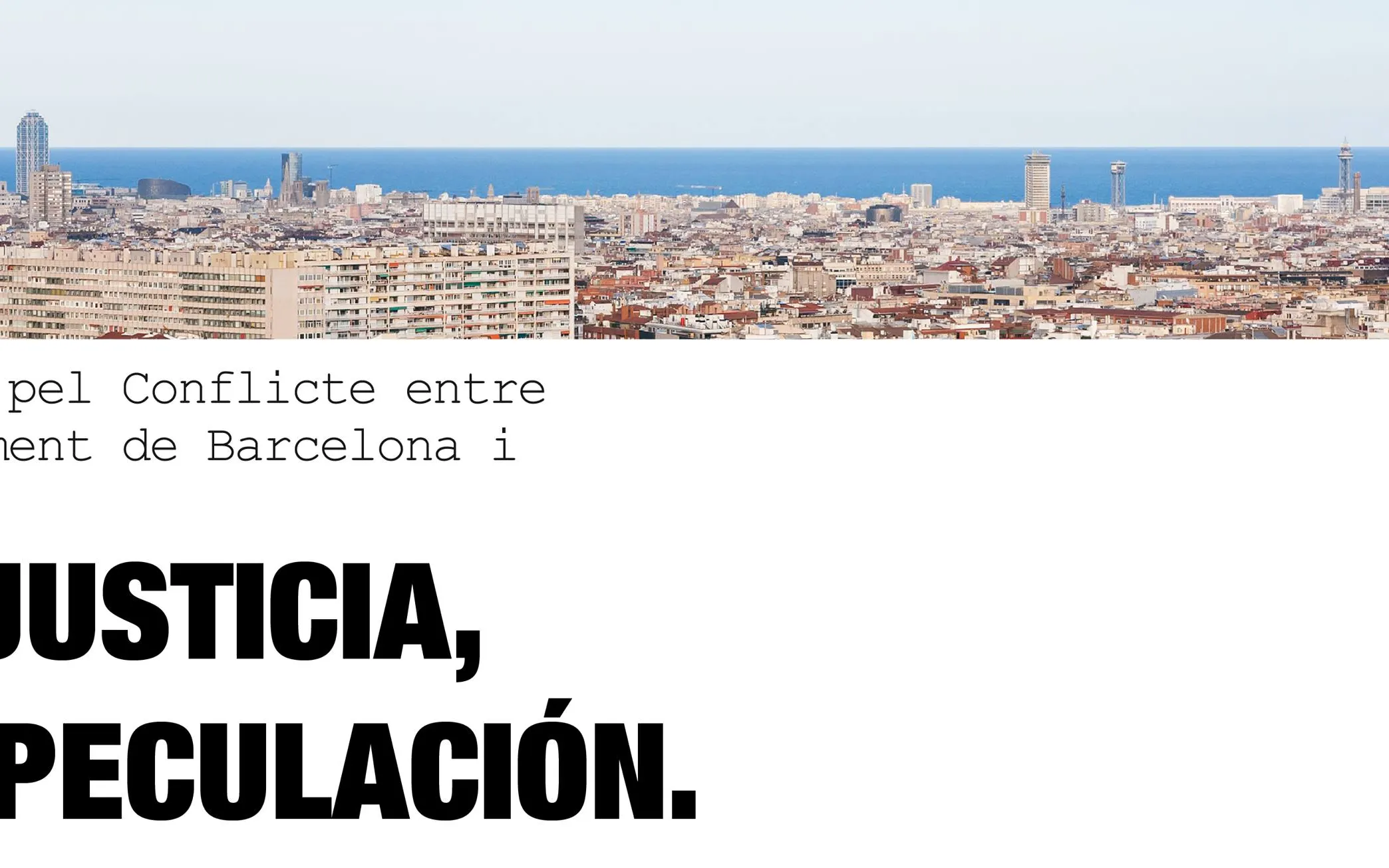
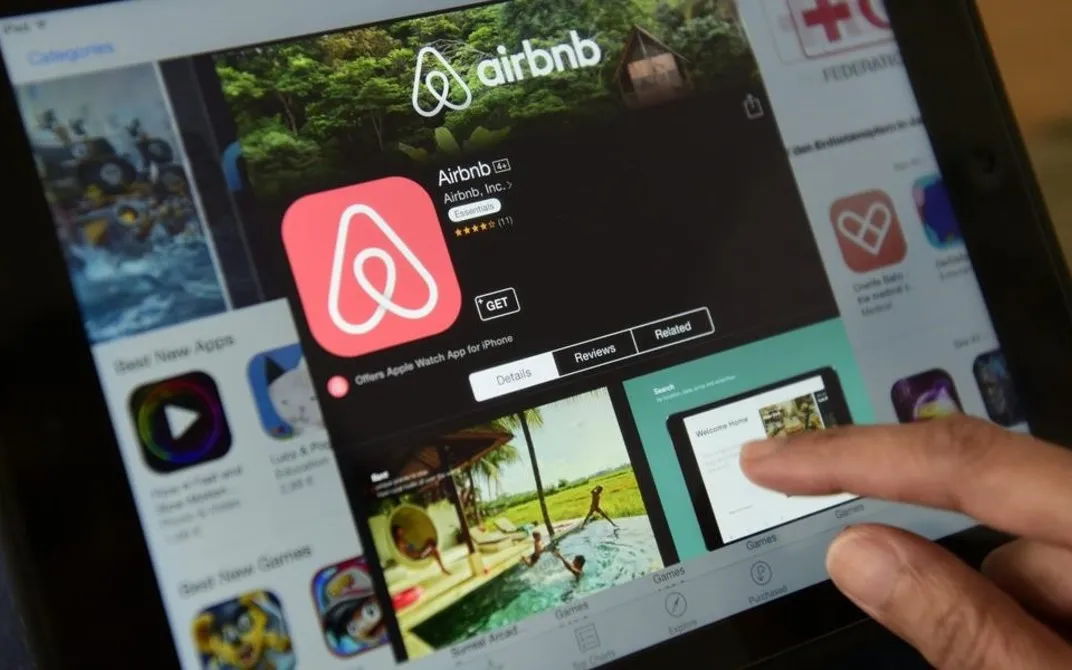
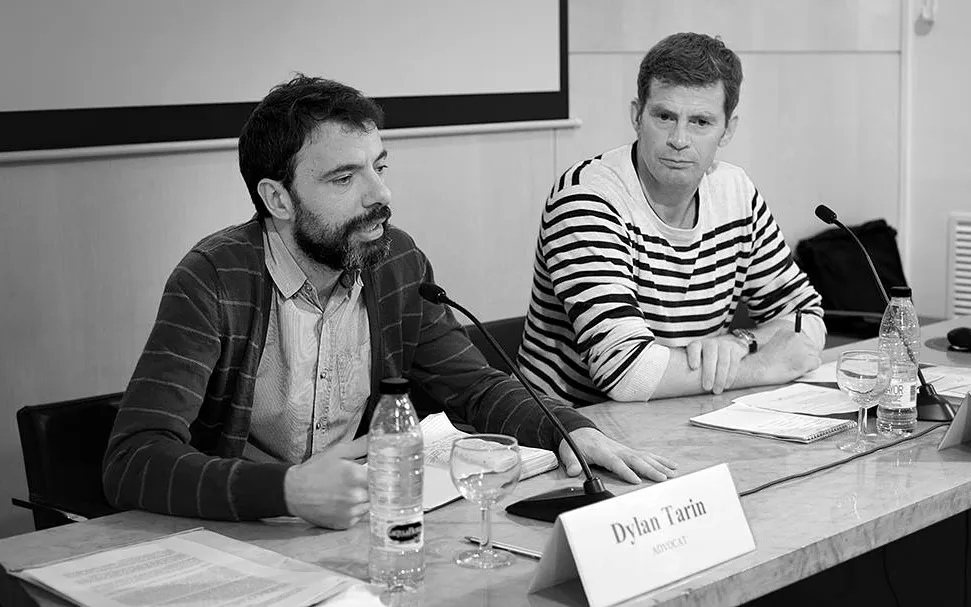
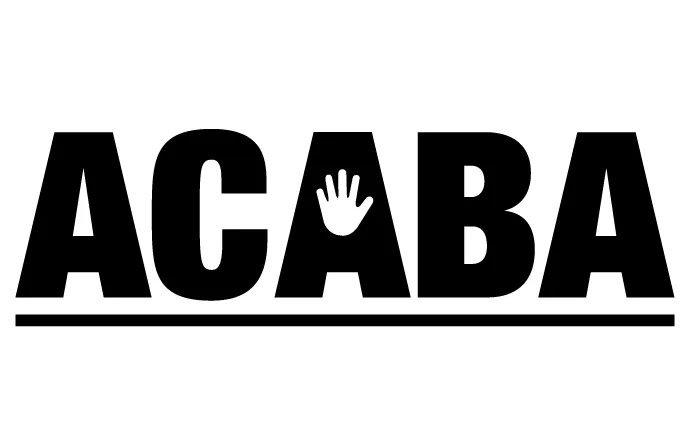
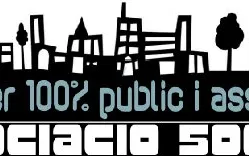



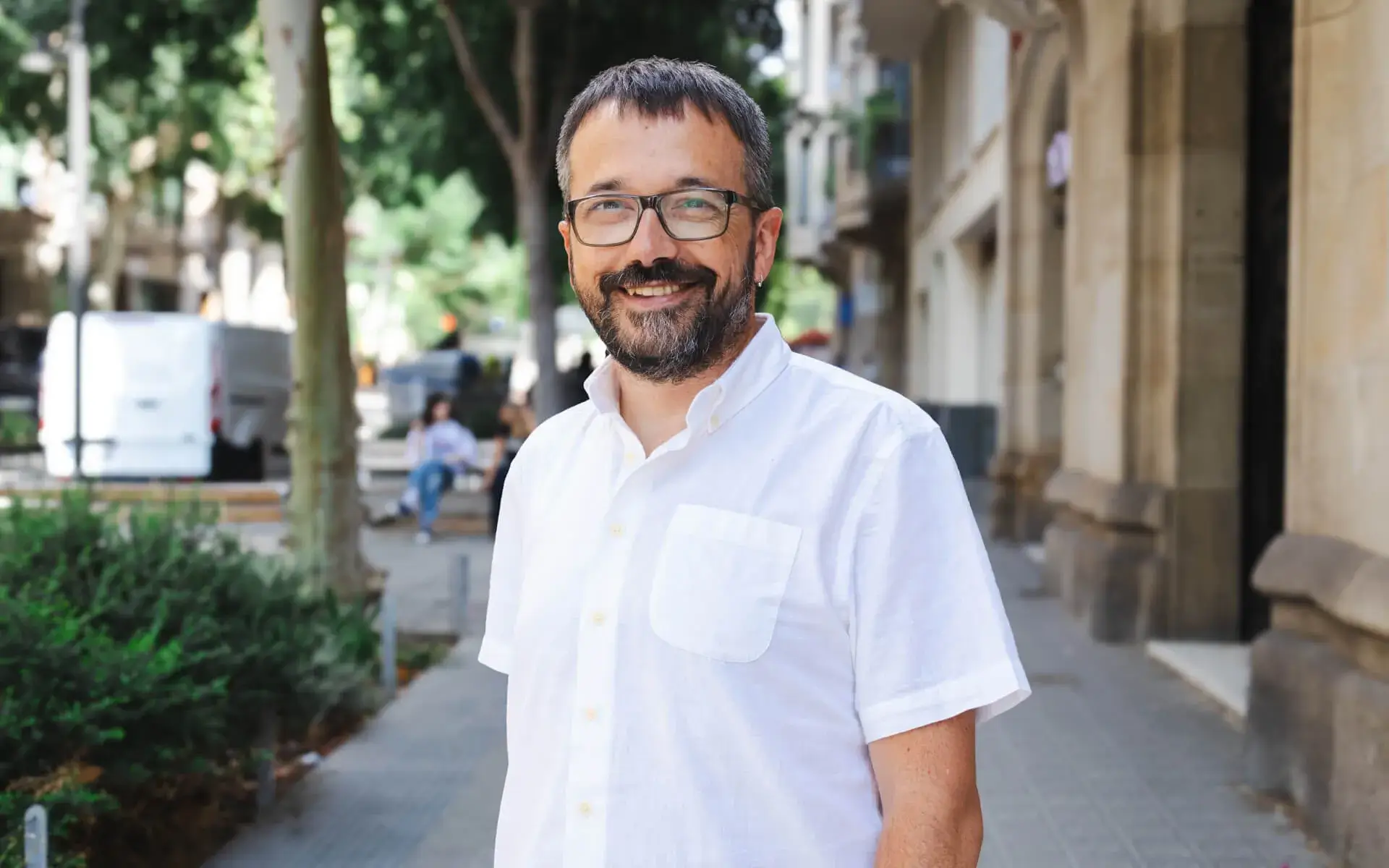
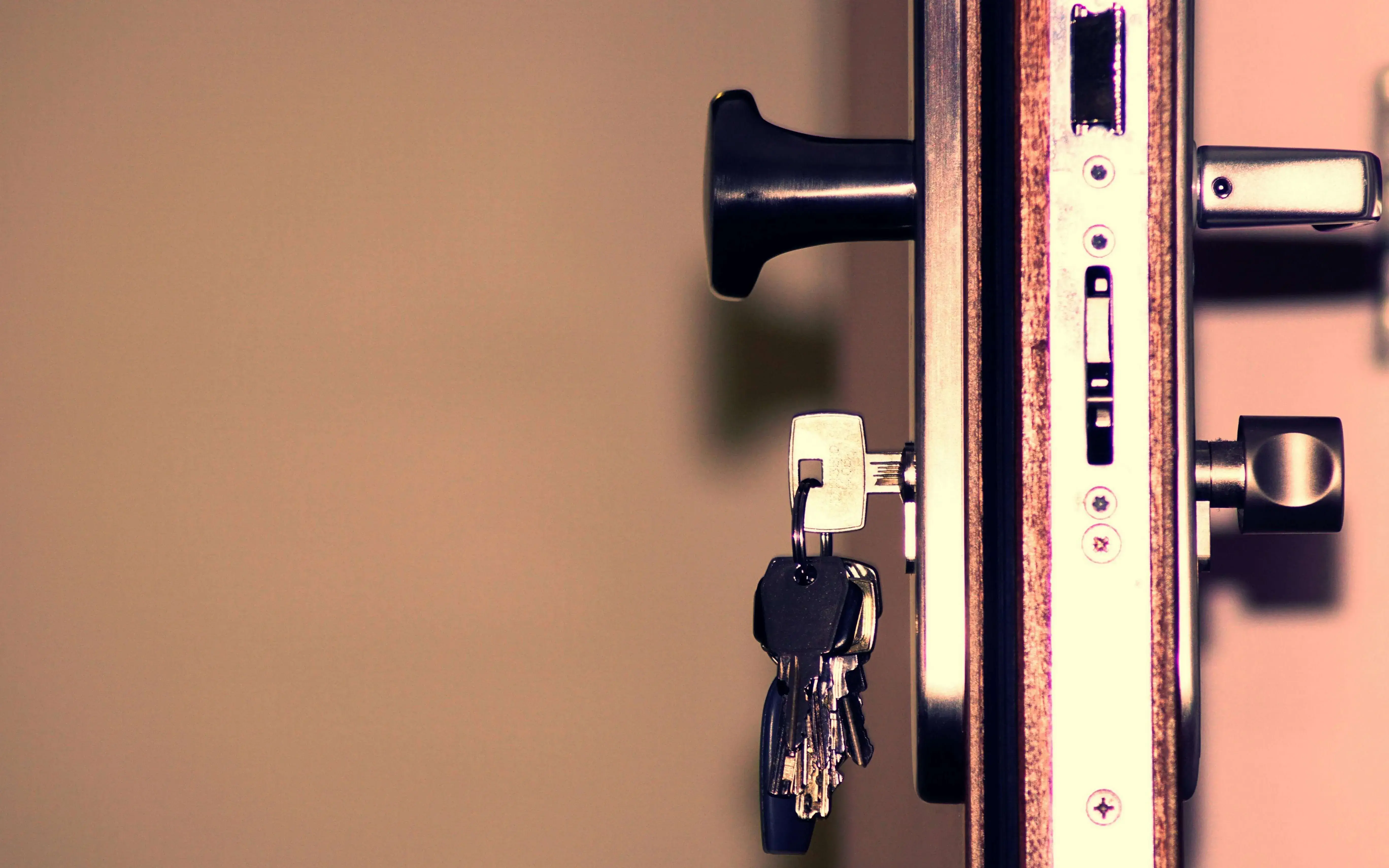
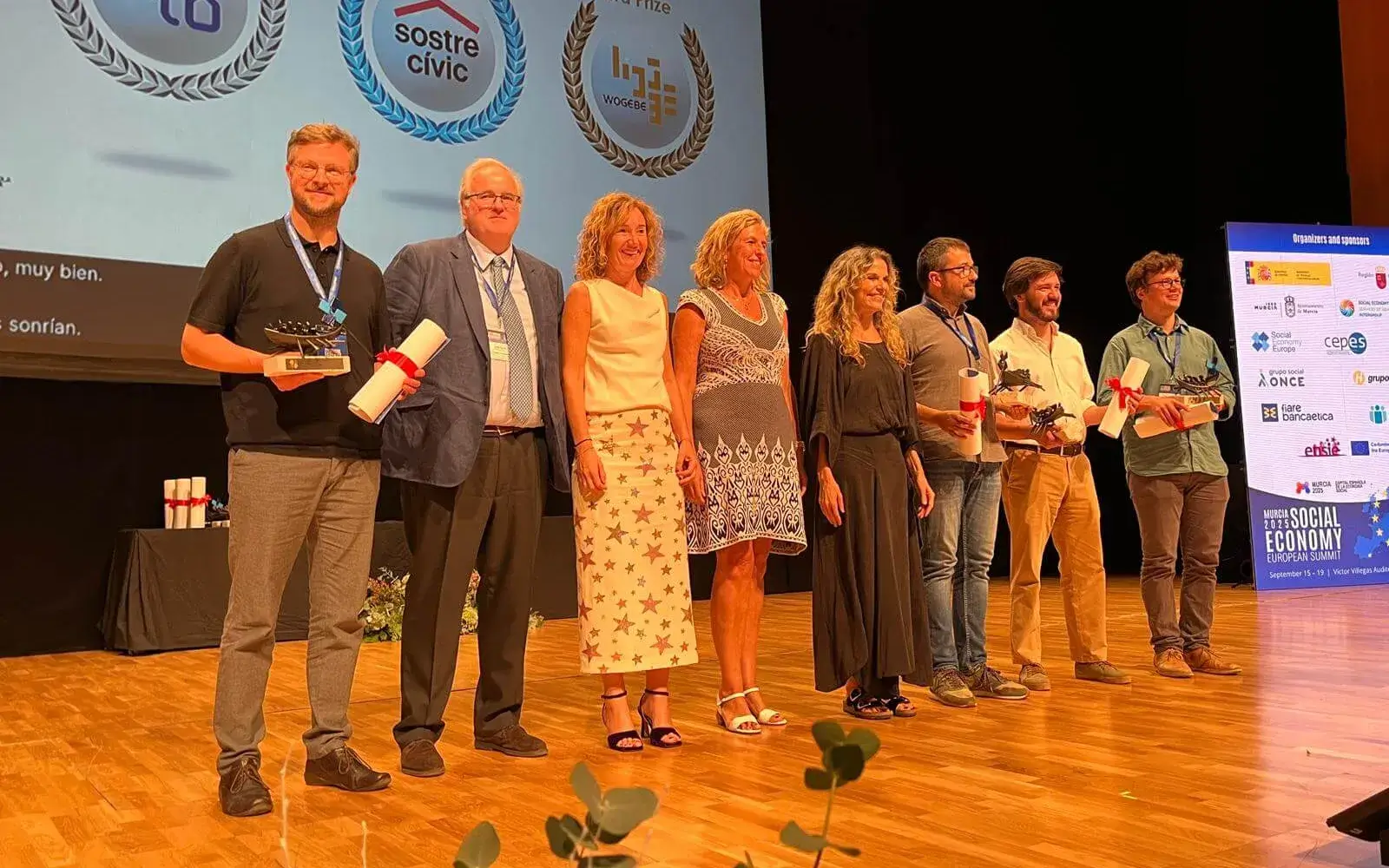
Add new comment